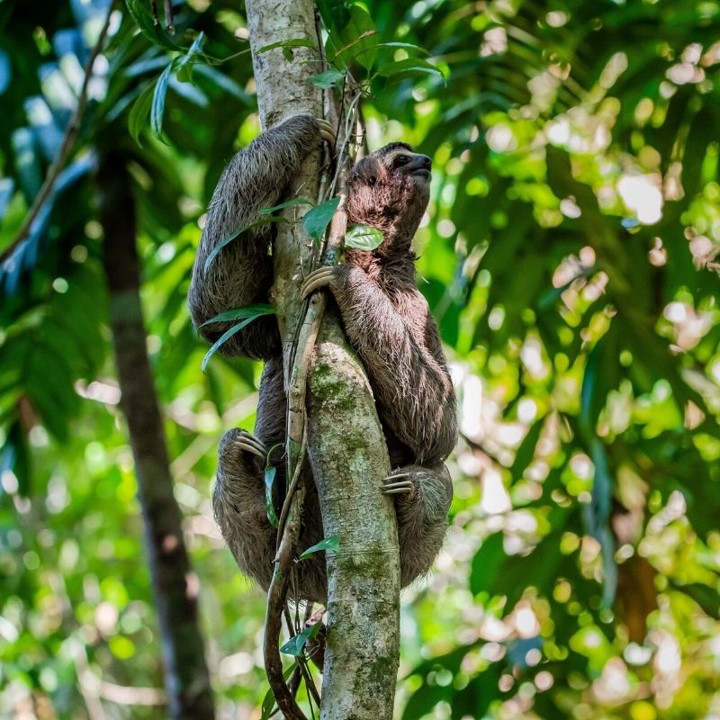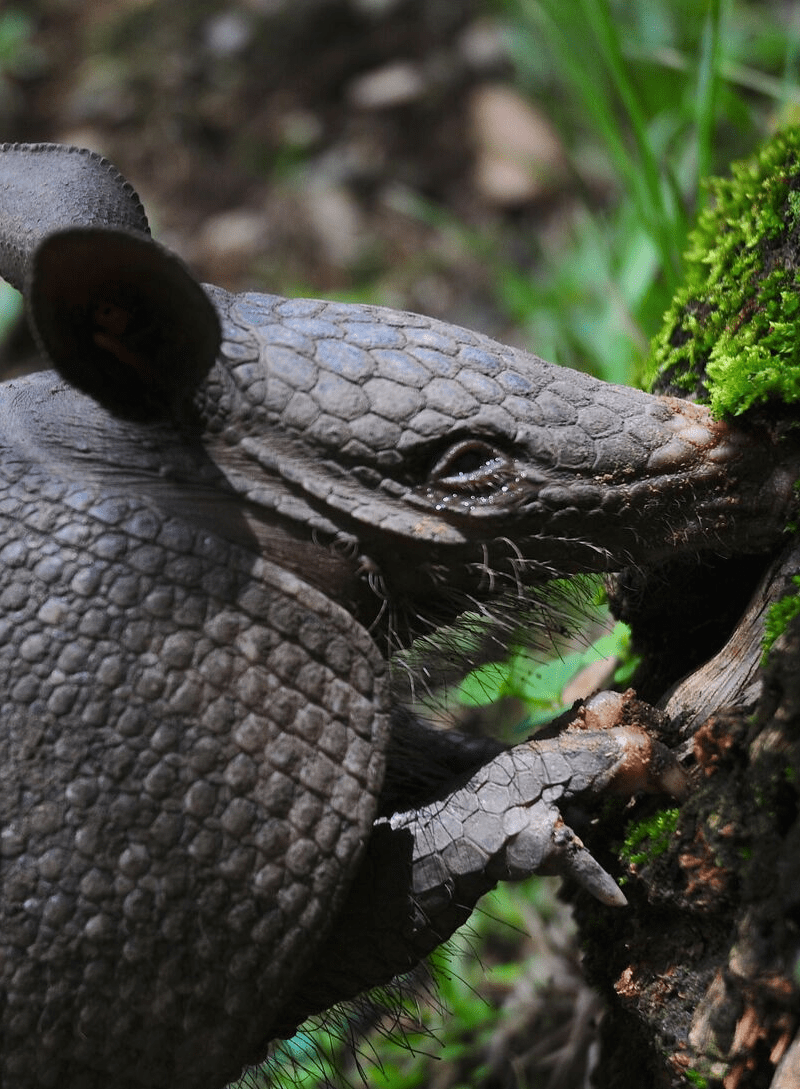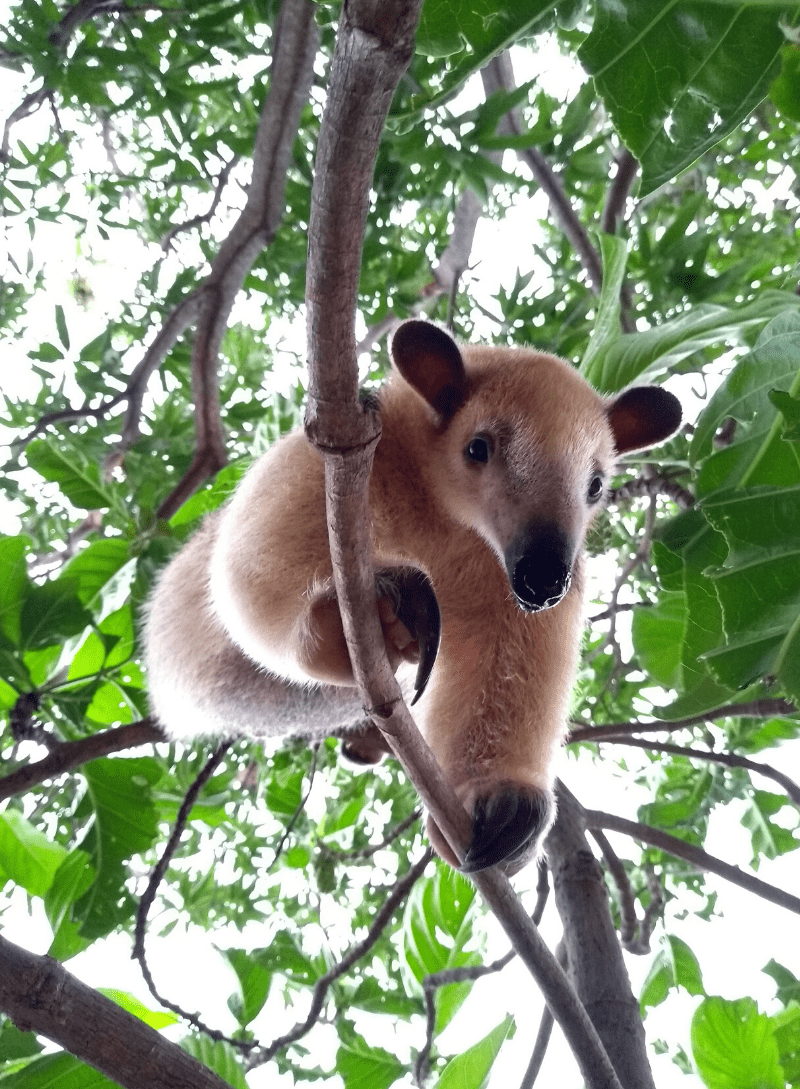

Xenarthrans
Often elusive and supremely challenging to study, many xenarthran species are virtually unknown in the wild — yet the extensive degradation of habitats throughout South and Central America has caused sharp declines in virtually every xenarthran population.
Apart from being among the most unusual of Neotropical creatures, the xenarthrans are together one of the most ancient groups of mammals — perhaps descendants of the earliest radiation of mammalian species. Despite their strange specializations and wild divergence of body forms, collectively xenarthrans embody a unique living history of mammalian evolution.
In addition, they play important roles in a diversity of ecosystems across the continent. Many of them have already suffered great losses from fierce overhunting and the ceaseless destruction of their habitats. Many are severely threatened — and too many will soon be in danger of extinction if we do not confront the increasing threats facing them. For these reasons, we feel compelled to fight on their behalf to ensure their survival in this era known as the anthropocene.

Xenarthrans
Often elusive and supremely challenging to study, many xenarthran species are virtually unknown in the wild — yet the extensive degradation of habitats throughout South and Central America has caused sharp declines in virtually every xenarthran population.
Apart from being among the most unusual of Neotropical creatures, the xenarthrans are together one of the most ancient groups of mammals — perhaps descendants of the earliest radiation of mammalian species. Despite their strange specializations and wild divergence of body forms, collectively xenarthrans embody a unique living history of mammalian evolution.
In addition, they play important roles in a diversity of ecosystems across the continent. Many of them have already suffered great losses from fierce overhunting and the ceaseless destruction of their habitats. Many are severely threatened — and too many will soon be in danger of extinction if we do not confront the increasing threats facing them. For these reasons, we feel compelled to fight on their behalf to ensure their survival in this era known as the anthropocene.


